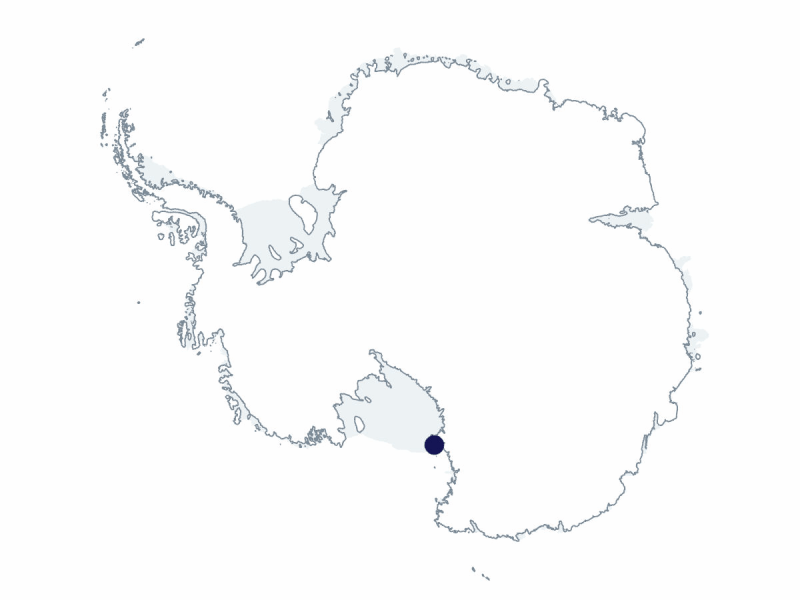2024-2025 USAP Field Season
Project Detail Project TitleCollaborative Research: Research Infrastructure: CCRI: New: Distributed Space and Terrestrial Networking Infrastructure for Multi-Constellation Coexistence Summary
Event Number:
NSF Contact:
ASC POC/Implementer: Principal Investigator(s)
Dr. Samantha Parry Kenyon
Project Web Site: Location
Supporting Stations: McMurdo Station DescriptionInternet infrastructure is currently undergoing a transformative shift driven by ambitious projects aiming to provide global wireless internet connectivity for every individual and internet-connected device on Earth, leveraging mega-constellations of small satellites deployed in low Earth orbit (LEO). Companies such as Starlink, OneWeb, and Amazon Kuiper are at the forefront of this revolution, seeking to deliver low-latency and high-bandwidth internet/broadband services anywhere on Earth. These developments have created a need to conduct real-world experiments on real, deployed LEO networks to confirm performance parameters and potential bottlenecks, develop innovative LEO-specific solutions, and enhance the sophistication, data-driven nature of simulators and emulators used in the research community. Virginia Tech and the University of Surrey are collaborating with global research institutions and industries to build LEOScope, a global LEO satellite network testbed to serve as the go-to platform for conducting customized network and application experiments over LEO networks. The primary objective here is to collect LEOScope data from a stand-alone Starlink terminal based in McMurdo Station, Antarctica. This network is of interest because it requires Starlink to employ inter-satellite links to route data from Antarctica to the internet access point in Sydney, Australia, which is only a subset of the constellation supports. Furthermore, this study will yield invaluable insights into how Starlink and satellite links in general would perform under the harsh polar weather conditions. Field Season OverviewThe field work for this project will consist of the installation of LEOScope equipment at McMurdo Station. No deployment of grantees is anticipated. A ‘smart hands’ assistance approach will be utilized, with the logistical support contractor information technology and communications staff providing the on-ice equipment installation and assistance on an as-needed basis. Duration of the activity is currently planned to be 12 months, with a follow-on requested, if possible. |
2024-2025 Science Planning Summary



For USAP Participants |
For The Public |
For Researchers and EducatorsContact UsU.S. National Science FoundationOffice of Polar Programs Geosciences Directorate 2415 Eisenhower Avenue, Suite W7100 Alexandria, VA 22314 Sign up for the NSF Office of Polar Programs newsletter and events. Feedback Form |



